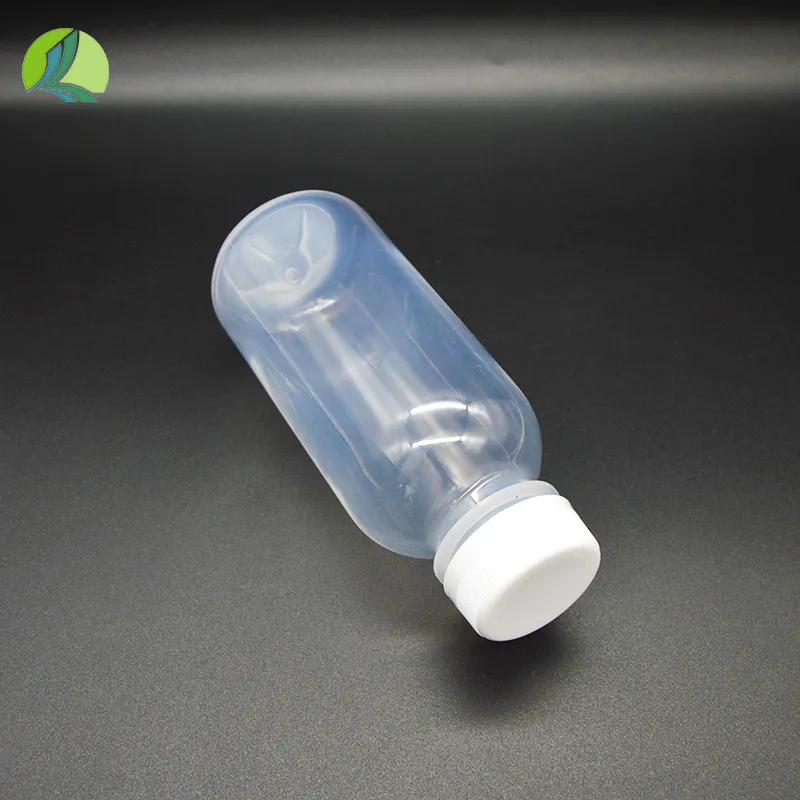injection saline bottle
The Importance of Injection Saline Bottles in Medical Settings
Injection saline bottles are ubiquitous in hospitals and clinics, playing a crucial role in patient care and medical treatments. These sterile containers hold a saline solution, which is primarily composed of sodium chloride (NaCl) dissolved in purified water. The importance of injection saline bottles cannot be understated, as they facilitate various medical procedures, ensuring that healthcare providers can deliver optimal care to patients in need.
Saline solutions are essential in medical practice for several reasons. Firstly, they are used for intravenous (IV) therapy, which is integral in rehydrating patients, especially those who are dehydrated due to illness, surgery, or other medical conditions. The saline solution helps to maintain fluid balance in the body, delivering essential electrolytes and keeping tissues hydrated, which is vital for overall physiological function.
Moreover, injection saline bottles are often used to dilute medications administered intravenously. Certain medications require dilution to ensure safe administration and to minimize side effects. Using a saline solution as a diluent helps to create the appropriate concentration, ensuring that patients receive the precise dosage needed for effective treatment. This practice is common in administering antibiotics, chemotherapy drugs, and analgesics, among others.
injection saline bottle

Another significant use of saline is flushing IV lines. Maintaining the patency of IV catheters is crucial in preventing complications such as clot formation or infection. Healthcare professionals often use saline solutions to flush lines before and after medication administration, ensuring that the lines remain clear and functional. Regular flushing with saline helps to enhance the longevity of IV access and improves patient outcomes.
In addition to these clinical applications, injection saline bottles are utilized in wound care and surgical settings. Saline is often used to cleanse wounds, removing debris and bacteria, preparing the wound for dressing changes or further medical intervention. The isotonic nature of saline makes it ideal for this purpose, as it does not irritate the tissue or disrupt the natural healing process.
From a broader perspective, the storage and delivery of saline solutions are carefully regulated to ensure safety and efficacy. Injection saline bottles are rigorously sterilized to prevent contamination, and their usage is governed by strict guidelines established by health authorities. In recent years, advances in technology and manufacturing processes have led to the development of more user-friendly saline bags and bottles, making it easier for healthcare providers to administer care efficiently.
In conclusion, injection saline bottles are a fundamental component of modern medical practice. Their versatility in applications—from IV therapy to medication dilution and wound care—highlights their significance in patient treatment. As healthcare continues to evolve, the role of saline solutions in enhancing patient care remains vital, underscoring the importance of these seemingly simple yet essential medical supplies. They represent a small, yet indispensable, key in the complex machinery of healthcare, ensuring that patients receive the hydration and treatment they need in a safe and effective manner.
-
Aesthetic Makeup Spray Bottles | Fine Mist Empty RefillableNewsAug.19,2025
-
White Plastic Veterinary Vaccine Vials | Lab Liquid BottlesNewsAug.18,2025
-
Plastic Medicine Liquid Bottle: Secure Flip Top Drug VialsNewsAug.17,2025
-
Durable 250ml Blue Plastic Vaccine Vial for Lab & Vet UseNewsAug.16,2025
-
Sterile Virus Sample Tubes: Secure & Reliable Specimen CollectionNewsAug.15,2025
-
White 250ml Plastic Vaccine Vial for Lab & Vet MedicineNewsAug.14,2025
























